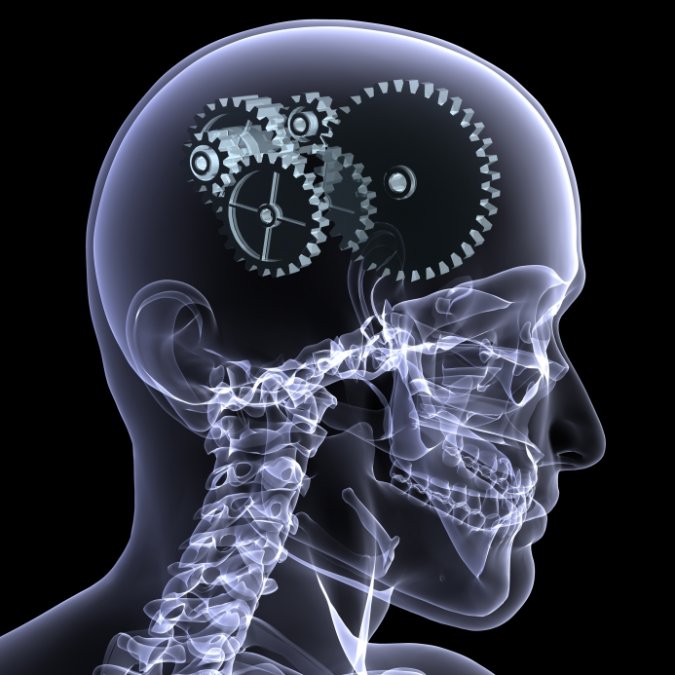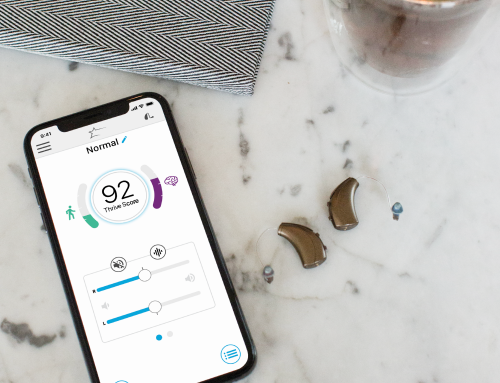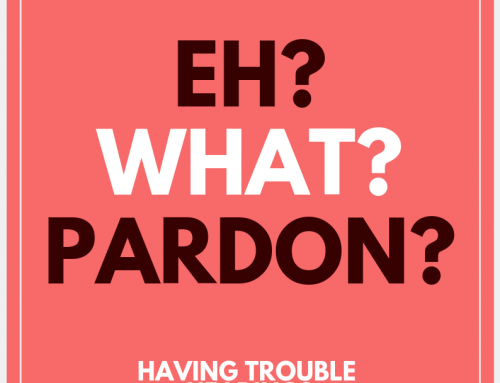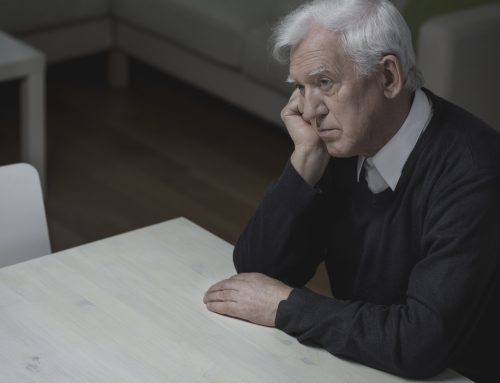It has long been acknowledged that stimulation of the hearing system can slow down hearing loss. Most audiologists will have had experience where a patient starting with an equal and balanced hearing loss changes over time when only one hearing aid is worn instead of two. The ear without a hearing aid invariable deteriorates much faster than an ear which is stimulated by a hearing aid.
And ‘auditory stimulation’ appears to be even more important than originally thought. In a recent study at the Massachusetts Eye and Ear Infirmary in Boston, results have shown that sound deprivation can cause a permanent hearing loss (cochlear degeneration). This means that a conductive hearing loss such as that caused by recurrent ear infections can cause irreversible deafness, not through the actual damage of the infection, but because there is no stimulation of the nerves of the inner ear by sound.
Sound waves travel through the ear canal before reaching the eardrum and the tiny bones of the middle ear. They are then converted into electrical signals within the inner ear and transmitted to the brain by the auditory nerve. Conductive hearing loss occurs when sound transmission from the ear canal to the inner ear is impaired and this causes a reduction in sound level and an inability to hear soft sounds. Main causes of conductive hearing loss include earwax blockage, otitis media (ear infections) and otosclerosis.
The study involved mice with a conductive loss in one ear which lasted a year. Dr Maison, who conducted the study, stated “after a year of sound deprivation, we observed dramatic changes in the inner ear, notably, a significant loss of the synaptic connections through which the sensory cells send their electrical signals to the brain. Although these conditions are routinely treated in Western societies, a number of patients choose not to receive treatment, particularly when their medical condition affects only one ear,” Dr. Maison said. “For instance, patients with unilateral atresia, a condition in which the ear canal is closed or absent, see limited benefits of undergoing surgery when they can simply use their good ear.”
The results suggest that the auditory deprivation, in itself, damages the inner ear in ways similar to that seen in age-related and noise-induced hearing loss. It is therefore extremely important that stimulation of the hearing system is maintained through regular sounds otherwise it really is a case of ‘use it or lose it’!
Listed on UKSBD
http://www.leedsonline.co.uk/
LAC News






